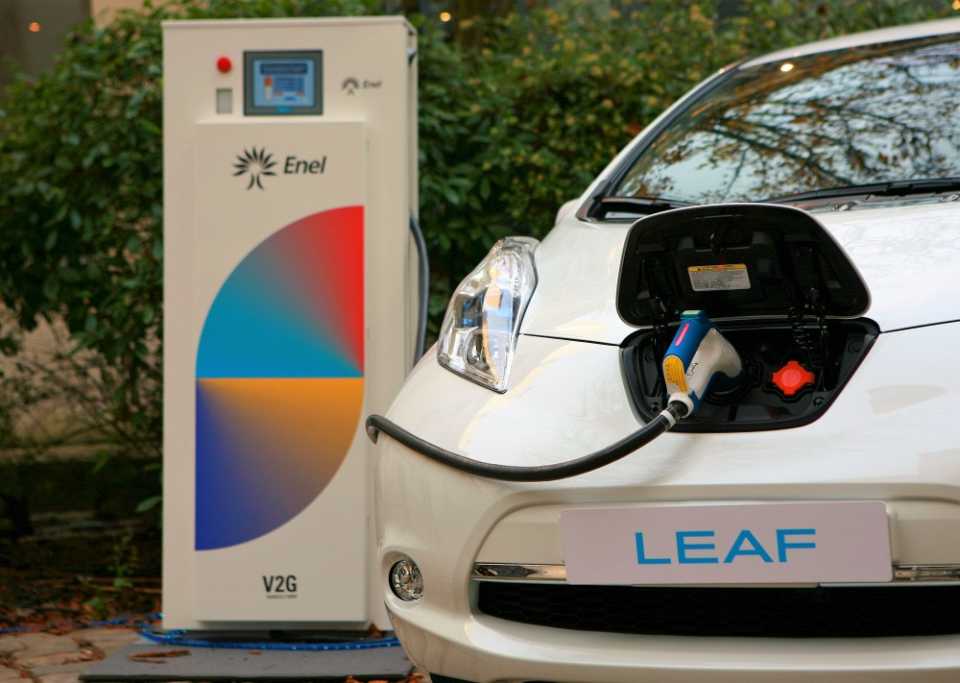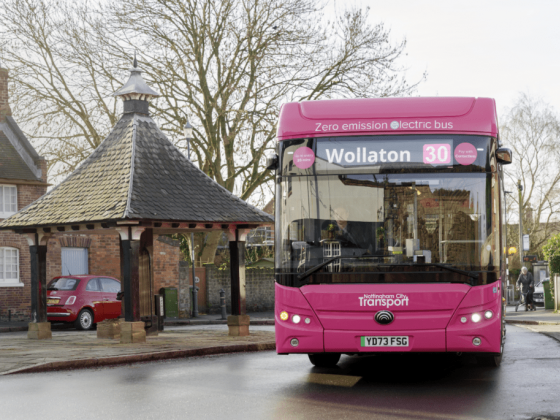Nissan and Newcastle University to develop vehicle-to-grid charging

Nissan and Newcastle University are working together on plans that will make electric vehicles capable of providing energy to the National Grid.
The first ten vehicle-to-grid charging points which allow energy to travel both to and from a car’s battery have been installed at Nissan’s Cranfield Research Facility in Bedfordshire and Newcastle University .
The technology - developed in collaboration between Dutch firm Enel and Nissan - is the next step towards allowing EVs to become fully integrated with the electricity grid.
Providing energy to the grid when the car is parked, the chargers can also ensure that the battery is fully charged when the driver needs it. Nissan believes that, if fully integrated, the concept could save £2.4bn in electricity costs by 2030.
The Newcastle charger will be linked to the university’s Smart Grid Laboratory, a £2m facility which researches new energy storage systems in the future.
The project will be based at the Science Central site being developed by the university and Newcastle City Council .
Professor Phil Taylor, Siemens professor of energy systems and director of the EPSRC National Centre for Energy Systems Integration, said:
“Science Central is a unique, full-scale test-bed which allows us to test novel technologies and interventions in the real world.
“Importantly we are responding to what people want and need. Public demand for cleaner, cheaper energy is driving our research into energy storage and smart energy."
“We know more people would drive an EV if it were cheaper so the vehicle to grid research is looking at how we can reduce long term costs by providing energy and balancing services to the grid.”
The trial is part of a wider Nissan project to develop 100 V2G storage units in the UK.



